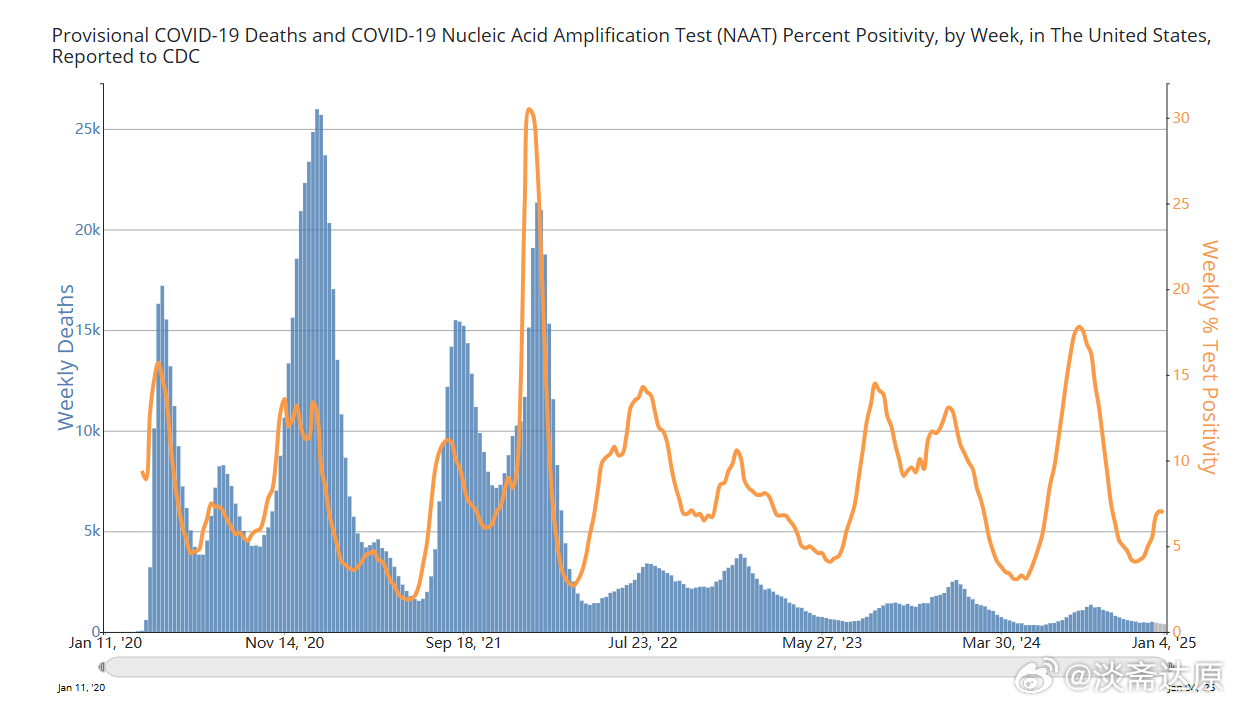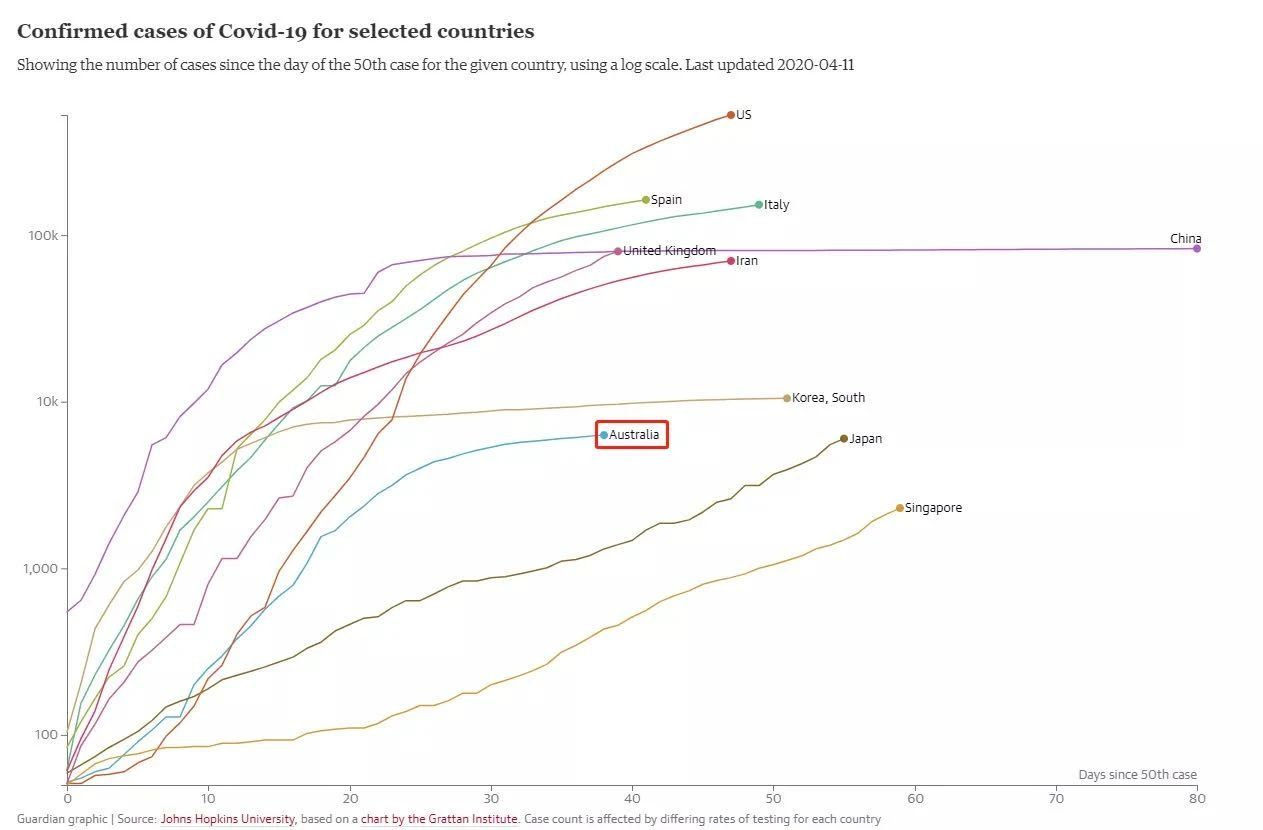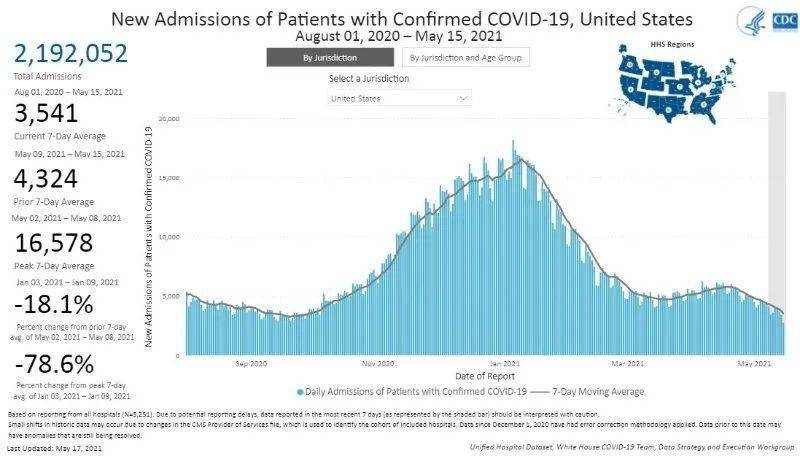With the global fight against the COVID-19 pandemic continuing, the question of whether the pandemic has ended remains a subject of intense debate and scrutiny. The answer to this question is complex and multifaceted, encompassing various factors such as the spread of the virus, the effectiveness of vaccines, government policies, and the overall global response.
The first aspect to consider is the spread of the virus. While the number of new cases and deaths has been decreasing in many countries, the transmission of the virus is still occurring at a considerable rate in some regions. The emergence of new variants, such as Delta and Omicron, has also raised concerns about the future of the pandemic. These variants are more transmissible and may pose a greater threat to public health if not controlled effectively. Hence, it is still too early to declare the end of the pandemic based on the spread of the virus alone.

The second aspect to consider is the progress of vaccination programs. Vaccines have played a crucial role in mitigating the impact of the pandemic by reducing the severity of illness and preventing transmission. However, achieving high levels of vaccination coverage globally remains a challenge. Many countries have made significant progress in vaccinating their populations, but others are still facing difficulties in accessing vaccines. The unequal distribution of vaccines poses a significant challenge to global efforts to end the pandemic.
Government policies and public health measures also play a crucial role in determining whether the pandemic has ended. Many countries have implemented strict measures, such as social distancing, wearing masks, and lockdown policies, to contain the spread of the virus. As the situation improves, governments are gradually easing these measures. However, it is crucial to strike a balance between protecting public health and resuming normal activities. If measures are lifted prematurely or if people fail to adhere to health guidelines, there is a risk of another surge in cases.

Moreover, the global response to the pandemic is also crucial. Collaboration and coordination between countries are essential for tackling the pandemic effectively. Developing and sharing vaccines, improving testing and tracing capabilities, and providing resources to support affected communities are all critical components of a global response. The lack of unity and cooperation among countries can hinder efforts to end the pandemic and lead to further transmission of the virus.
In conclusion, it is still too early to declare whether the COVID-19 pandemic has ended. The situation remains fluid and dynamic, with factors such as virus transmission, vaccination progress, government policies, and the global response all playing crucial roles. What is clear is that we are making progress, but we must remain vigilant and continue to work together to ensure that we overcome this pandemic successfully.

To this end, it is crucial for countries to work together, share resources, and coordinate their efforts to ensure that no one is left behind. Only through unity and cooperation can we hope to end this pandemic and move forward towards a safer and healthier future.
发表评论
暂时没有评论,来抢沙发吧~